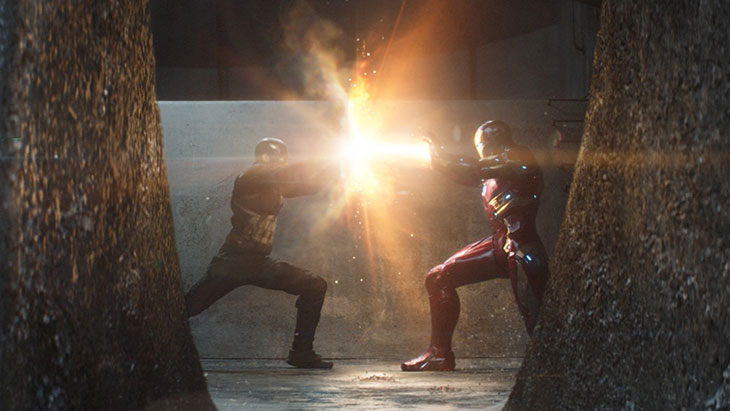
Captain America: Civil War faces the rather colossal challenge of following up what might arguably be the best and most in-depth Marvel film, with a plot that pits its protagonists against one another, all while juggling a roster that is comparable to that of Age of Ultron. For the movie to succeed is already a Herculean task, so the fact that Civil War ends up roughly matching its predecessor in quality is almost impossible to conceive, and yet it is true. The Russo Brothers have constructed a massive and complicated narrative with roughly a dozen significant players, but, through clever writing and superb grasp of its characters, Civil War never allows itself to feel bloated or allows its characters to get lost in the proceedings.
My actual exposure to the original event comic Civil War is somewhat limited, but I read several comics that tied in with it, and have heard plenty of discussions on the matter. The general consensus amongst those I have spoken to is that it was an interesting idea with a very flawed execution. Its film counterpart builds upon that interesting idea while supporting it with a far more polished and well conceived execution. The premise, if you are not already aware, is that when a mission involving the Avengers goes wrong and leads to the deaths of a number of Wakandan diplomats the United Nations call for the Avengers to become a UN backed organization, and thus be subject to their oversight. This leads to a rift in the team as Captain America and Iron Man are unable to agree on a course of action. One of the key strengths of the movie is that we understand where both of these characters are coming from. After the events of The Winter Soldier, Steve has become wary of entrusting his capabilities to the will of another organization while Tony remains haunted by the consequences of his actions in Age of Ultron. He instead argues that, as heroes, they must be willing to accept limitations or else they are simply imposing their will upon those who don’t have a choice. The arguments are well constructed, and, while there is ultimately a villain who has been enabling the conflict, his presence doesn’t serve to undermine the legitimacy that is held by either side of the debate. However, the villain actually does have one of the problems that Lex Luthor had in Batman v. Superman, namely, he has the impeccable ability to anticipate how a multitude of characters will react to various events to an almost supernatural level. Admittedly, his primary role is simply that of an instigator rather than a full on antagonist, so this doesn’t detract from the experience as much as one might expect, but it does result in the narrative feeling slightly weak when viewed from a distance.
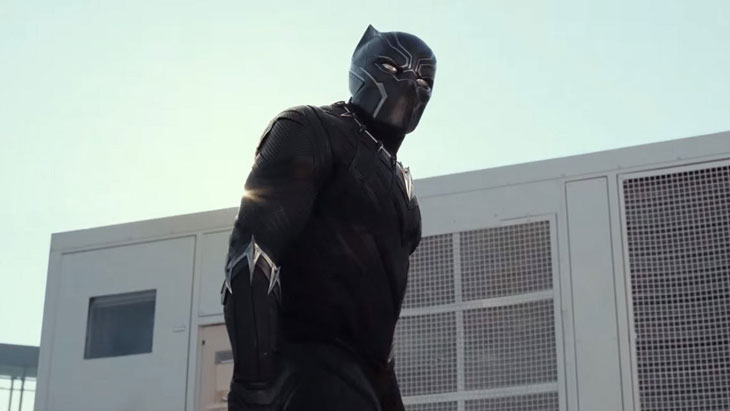
However, while the story structure of Civil War could be considered weaker than its predecessor, an argument could be made for the character interactions being stronger. The relationships between returning characters feel natural, established, and yet still come off as accessible. People who haven’t seen Age of Ultron may not know who Vision or the Scarlet Witch are, but they present themselves in a natural and relatable manner, such that anyone can grasp the essence of the characters and why they make the decisions they do. The introductions of Chadwick Boseman as Black Panther and Tom Holland as Spider-Man are both extremely strong. In truth, I felt that I appreciated Spider-Man’s presence more due to the fact that his quips and humor helped provide some much needed levity towards the film’s action climax, but T’challa’s dry humor and commanding presence ensure that I am more than eager to see his upcoming solo film as well. Scott Lang’s presence as Ant-Man is somewhat limited as, outside of the primary brawl between Team Iron Man and Team Captain America that appears in all the trailers, he only has about two other scenes, but he’s used quite effectively and he actually is the subject of one of the most memorably awesome set pieces of the film. The choreography is excellent, and, while I found some of the shaky-cam in the opening scenes to be slightly disorienting, this fortunately proves to be a temporary and rather limited issue.
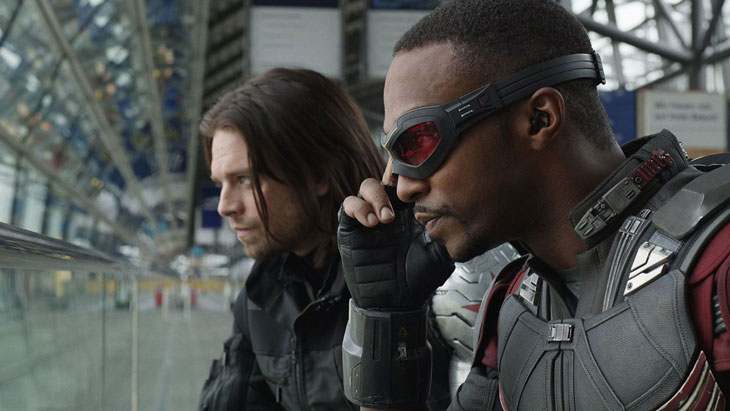
The key relationship that serves to aid in driving a wedge between the characters is the one between Steve Rogers and Bucky Barnes, the Winter Soldier himself, who is implicated in an assault on the UN assembly. He fits oddly well into the various dynamics that populate the script, and interactions between him, Captain America, Falcon, and Iron Man are all brimming with humor, camaraderie, and, most notably, pathos. In The Winter Soldier, he was less of a character and more of a device, which, given his lack of agency in that film, was rather fitting, but here he is presented as a more fully realized character. He is an individual who has woken to find himself in a world he barely recognizes with fragmented memories that haunt him and constantly serve to remind him that his mind could still be taken away from him. It is a strong basis for character drama, and the means by which it connects him to other characters allows for the film to maintain a strong sense of emotional investment throughout.
Before I wrap up, a few Notes and Nitpicks:
- If I did have to find a problem with the film, I’d have to say that the villains felt like a little bit of a waste. Crossbones has a rather minor role that is almost comparable to Scarecrow’s role in The Dark Knight. He’s more significant to the plot than that comparison would suggest, but his actual presence is limited to the opening of the film. Likewise, Zemo doesn’t ever quite match the feel of his comics counterpart. It is understandable that the film decided to alter his backstory, and avoid the sock-face gimmick, but this version trades in the arrogant grandstanding for a subtlety that admittedly leaves less of an impact.
- General Ross has apparently become Secretary of State since the events of The Incredible Hulk after having apparently turned his life around after a heart attack. His primary role it to serve as the face of U.S. government, but it is nice to see John Hurt returning to the Marvel Universe. He might constitute one of the only callbacks that the MCU has made to its Hulk movie.
- Black Widow doesn’t have nearly as much to do in this film as she did in Winter Soldier. This isn’t too surprising given the fact that this movie is far less of a spy thriller than its predecessor, but Elizabeth Olsen’s Scarlett Witch is given a nice bit of character growth and exploration, so we aren’t in the unfortunate position of having a sole female lead getting shafted by the script. Likewise, Hawkeye also gets largely relegated to the background, though he still gets a number of good one-liners.

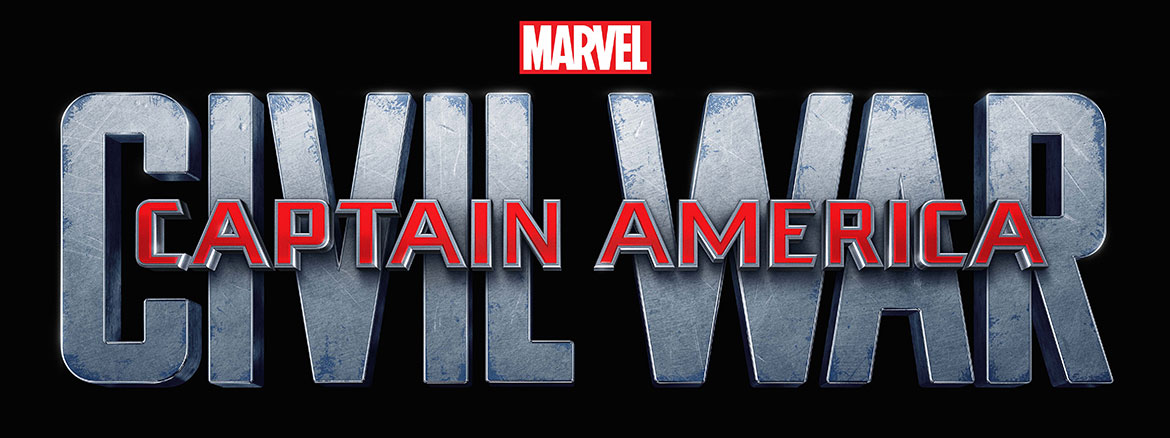
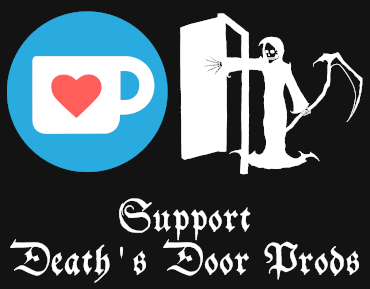

Add comment